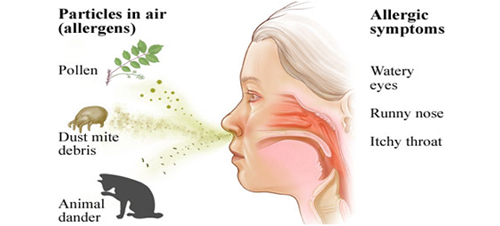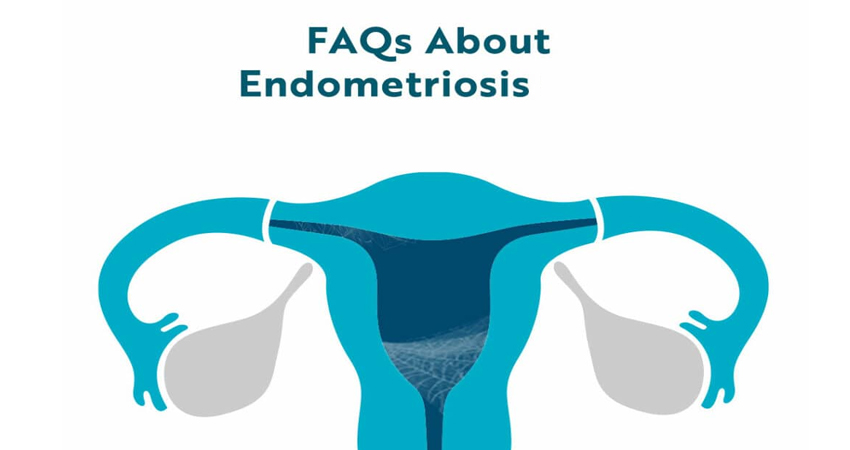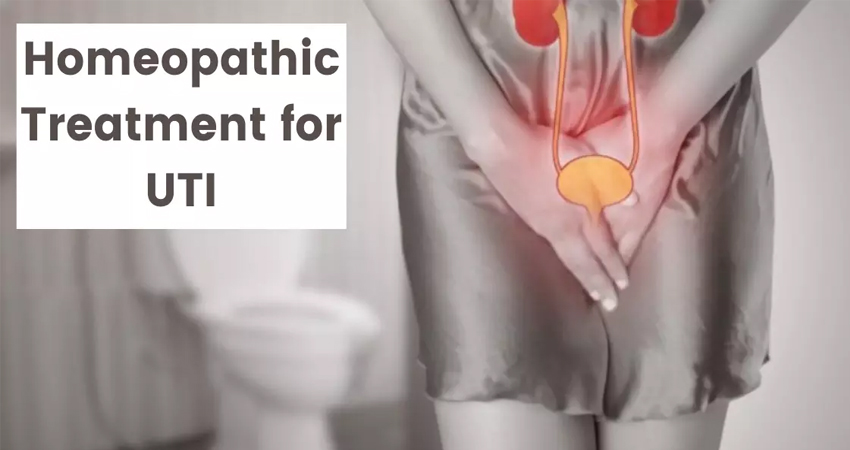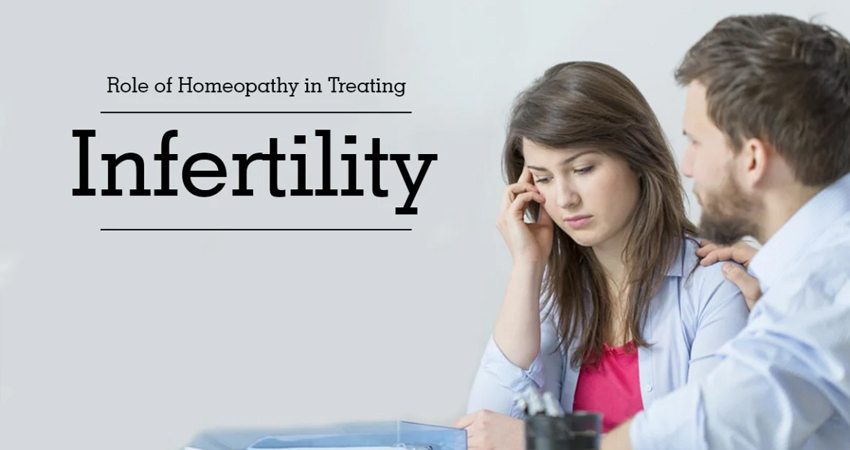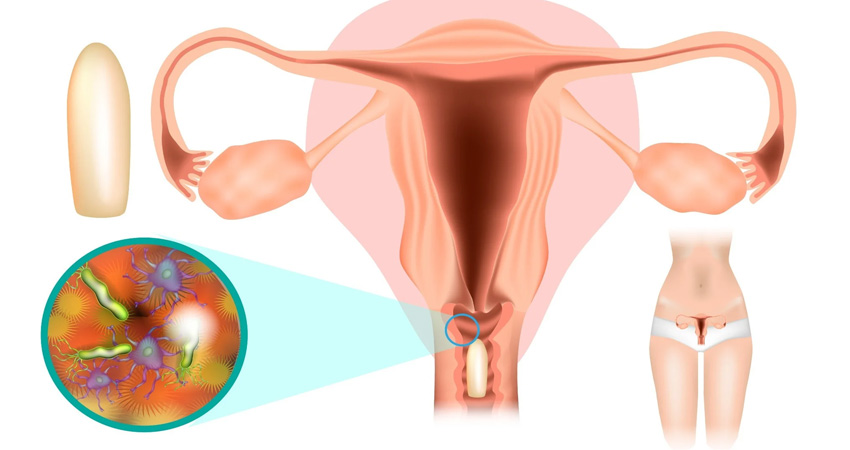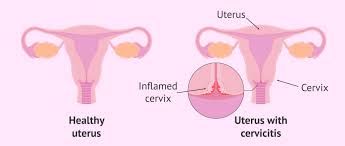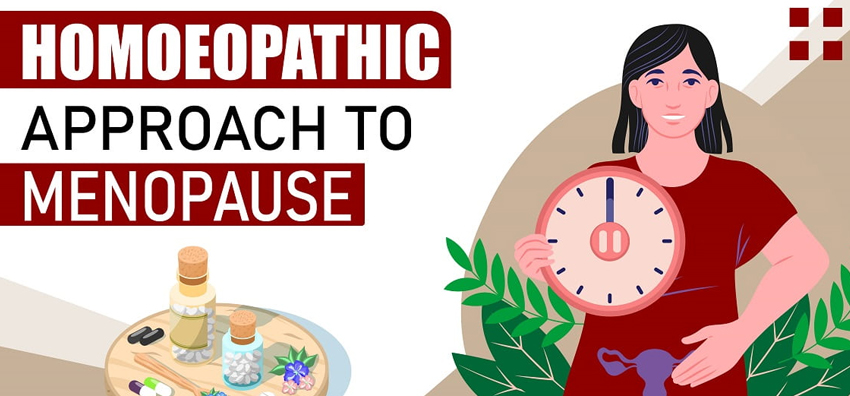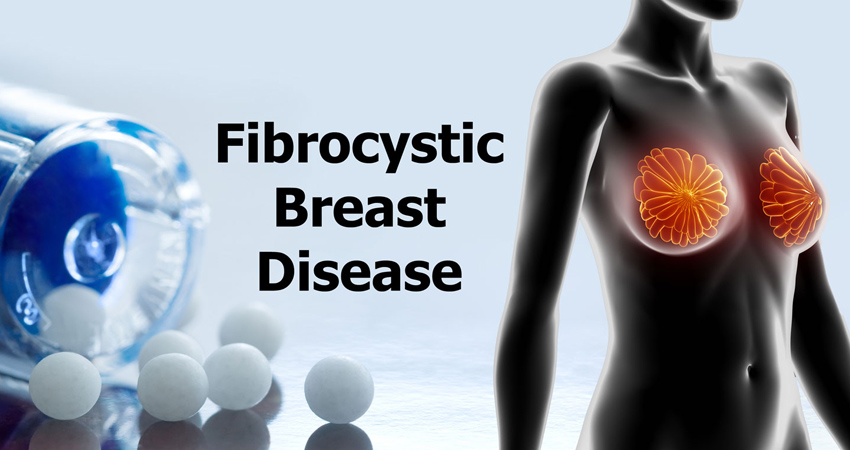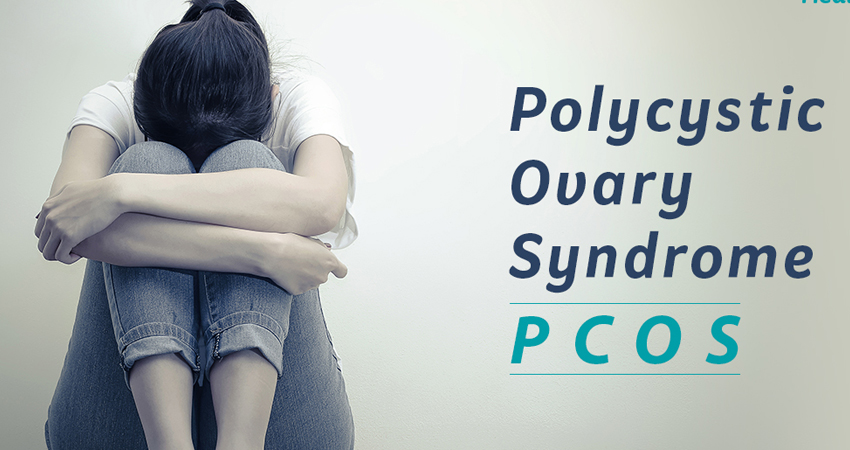INFERTILITY AND HOMEOPATHY: A HOLISTIC APPROACH TO CONCEPTION

Infertility and Homeopathy: A Holistic Approach to Conception
In today's world, many couples face the challenge of infertility. This often emotionally taxing and physically demanding journey can leave individuals feeling helpless and frustrated. While conventional medicine offers various treatments, an increasing number of people are turning to alternative approaches, with homeopathy emerging as a popular choice. This blog post dives into the relationship between infertility and homeopathy, exploring how this holistic system of medicine may offer hope to those struggling to conceive.
Understanding Infertility
Before we discuss homeopathic approaches, it's crucial to understand what infertility is. Medically, infertility is defined as the inability to conceive after one year of regular, unprotected sexual intercourse. For women over 35, this timeframe is reduced to six months due to the natural decline in fertility with age.
Infertility can be caused by various factors affecting either partner or both:
Female factors:
- Ovulation disorders
- Fallopian tube damage or blockage
- Endometriosis
- Uterine or cervical abnormalities
- Primary ovarian insufficiency
Male factors:
- Abnormal sperm production or function
- Problems with sperm delivery
- Overexposure to certain environmental factors
- Damage related to cancer and its treatment
Unexplained infertility: In some cases, the cause remains unidentified despite thorough medical evaluation.
The Homeopathic Perspective on Infertility
Homeopathy, developed by Samuel Hahnemann in the late 18th century, is based on the principle of "like cures like." This system views the body as a whole and aims to stimulate the body's natural healing processes.
When it comes to infertility, homeopaths consider not just the physical symptoms but also the mental and emotional state of the individual. They believe that infertility is often a manifestation of an underlying imbalance in the body's vital force. By addressing this imbalance, homeopathy aims to restore overall health, which may, in turn, improve fertility.
Key Principles of Homeopathic Treatment for Infertility:
- Individualization: Each person is treated as a unique individual. Two people with the same diagnosis may receive different remedies based on their overall symptom picture.
- Holistic Approach: Homeopathy looks at the whole person, including physical symptoms, emotional state, and mental outlook.
- Minimal Dosage: Homeopathic remedies are highly diluted, adhering to the principle that the more dilute a remedy, the more potent its effect.
- Stimulating Self-Healing: Rather than suppressing symptoms, homeopathy aims to stimulate the body's self-healing mechanisms.
Symptoms Associated with Leucorrhoea
While the primary symptom is the discharge itself, leucorrhoea may be accompanied by:
- Itching or burning sensation in the genital area
- Redness or swelling of the vulva
- Pain during urination or intercourse
- Lower abdominal pain
- General fatigue or weakness
The Role of Lifestyle and Diet in Homeopathic Treatment
Homeopaths often emphasize the importance of a healthy lifestyle and diet in conjunction with remedies. Some general recommendations include:
- Balanced Diet: Consuming a variety of fruits, vegetables, whole grains, and lean proteins.
- Stress Management: Practicing relaxation techniques like meditation or yoga.
- Regular Exercise: Engaging in moderate physical activity to improve overall health.
- Avoiding Toxins: Reducing exposure to environmental toxins and quitting harmful habits like smoking.
- Adequate Sleep: Ensuring 7-9 hours of quality sleep each night.
These lifestyle changes can support the body's natural healing processes and enhance the effectiveness of homeopathic treatments.
Integrating Homeopathy with Conventional Treatments
Many couples choose to use homeopathy alongside conventional fertility treatments. This integrative approach aims to combine the best of both worlds – the targeted interventions of conventional medicine with the holistic, individualized approach of homeopathy.
It's crucial for patients to inform all their healthcare providers about any treatments they are receiving to ensure safe and coordinated care. Some homeopathic remedies may complement conventional treatments, while others could potentially interfere.
Choosing a Homeopathic Practitioner
If you're considering homeopathy for infertility, it's essential to choose a qualified and experienced practitioner. Look for someone who:
- Has formal training in homeopathy from a recognized institution.
- Is registered with a professional homeopathic organization.
- Has experience in treating infertility cases.
- Is willing to work in conjunction with your conventional healthcare providers.
A good practitioner will take a detailed case history, including your medical history, lifestyle, emotional state, and specific fertility concerns. They should also be able to explain their treatment approach clearly and set realistic expectations.
Conclusion
Infertility can be a challenging and emotional journey for many couples. While homeopathy offers a gentle, holistic approach to addressing fertility issues, it's important to approach it with an open but critical mind. For some, homeopathy may provide valuable support on their path to conception, either as a standalone treatment or in conjunction with conventional methods.
However, it's crucial to remember that no single approach works for everyone. What's most important is finding a treatment plan that you're comfortable with and that aligns with your values and health goals. Always consult with qualified healthcare professionals, both conventional and homeopathic, to make informed decisions about your fertility journey.
Ultimately, the path to parenthood is unique for each couple. Whether you choose conventional treatments, homeopathy, or a combination of approaches, remember to be kind to yourself and your partner throughout the process. With patience, perseverance, and the right support, many couples find their way to the family they've been dreaming of.
Categories
The Most Popular
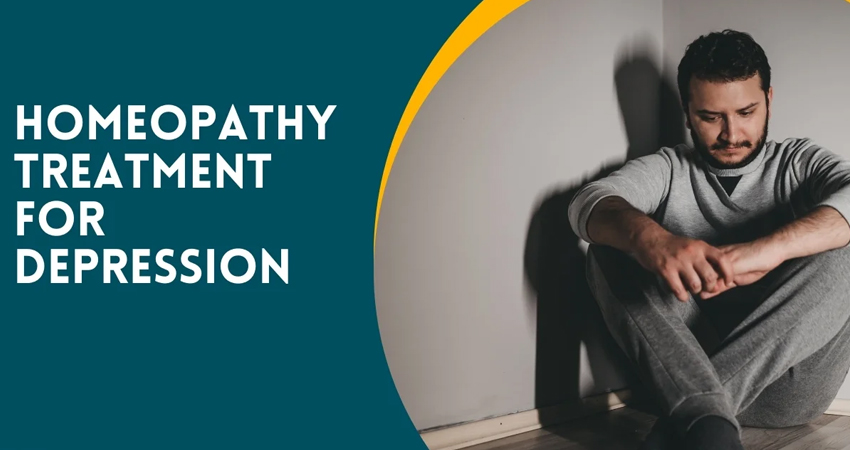 Jun 14, 2024
Jun 14, 2024
Depression and Homeopathy treatment in delhi ncr
In today's fast-paced world, depression has become
 Jul 06, 2024
Jul 06, 2024
FAQs about Depression and Homeopathy
Depression is a complex mental health condition th
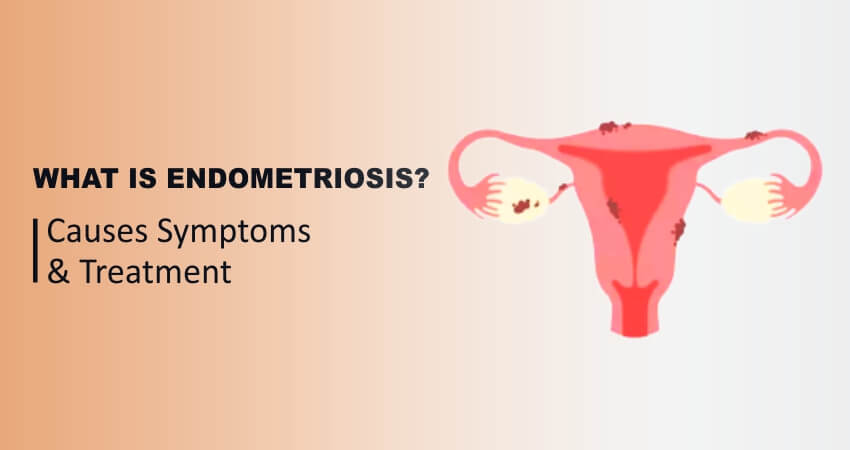 Dec 21, 2023
Dec 21, 2023
Best doctor for Endometriosis treatment in Noida
Endometriosis is a major concern for many women th
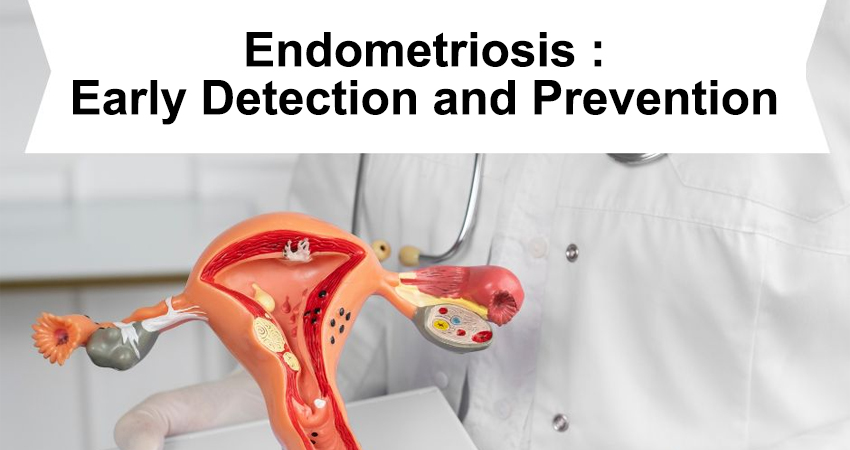 Nov 18, 2023
Nov 18, 2023
Endometriosis: Early Detection and Prevention
Endometriosis is a chronic condition that affects
 Nov 28, 2023
Nov 28, 2023
How Homeopathy Helped with a Severe Case of Endometriosis
Endometriosis is a common condition that affects m
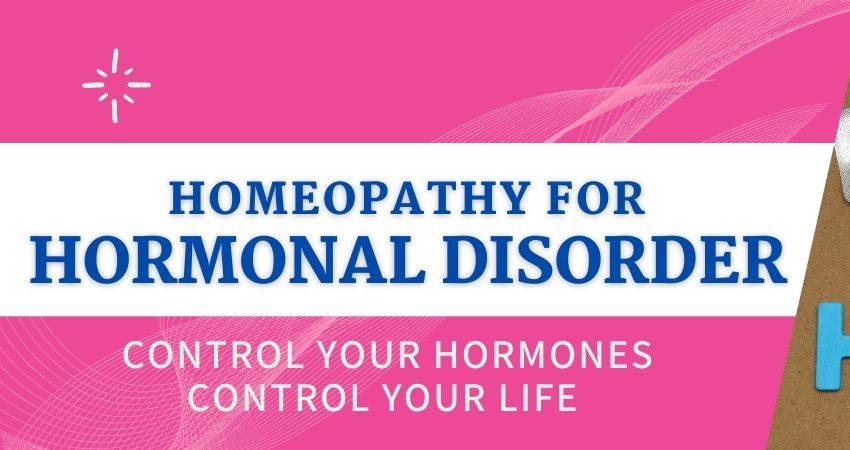 Dec 21, 2023
Dec 21, 2023
Is Homeopathy the Best Treatment for Endometriosis?
Homeopathy offers a holistic and individualized ap
 Dec 20, 2023
Dec 20, 2023
Getting Pregnant With Endometriosis: Is It Possible?
Embarking on the journey of parenthood with endome
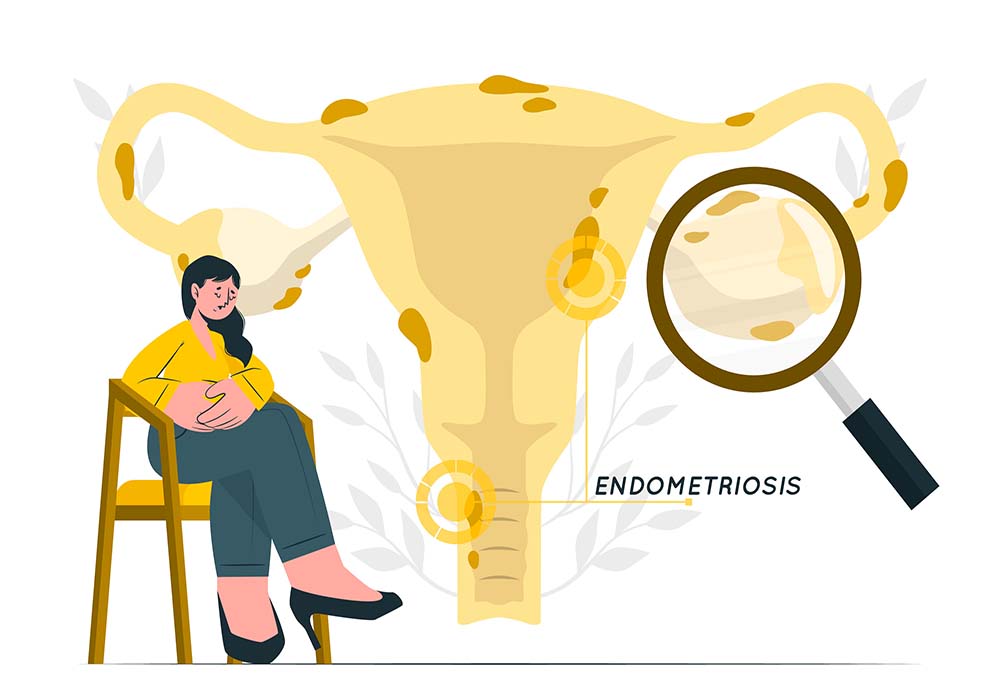 Dec 21, 2024
Dec 21, 2024
Homeopathic Treatment for Endometriosis: A Holistic Approach to Managing Pain and Discomfort
Endometriosis is a challenging condition affecting
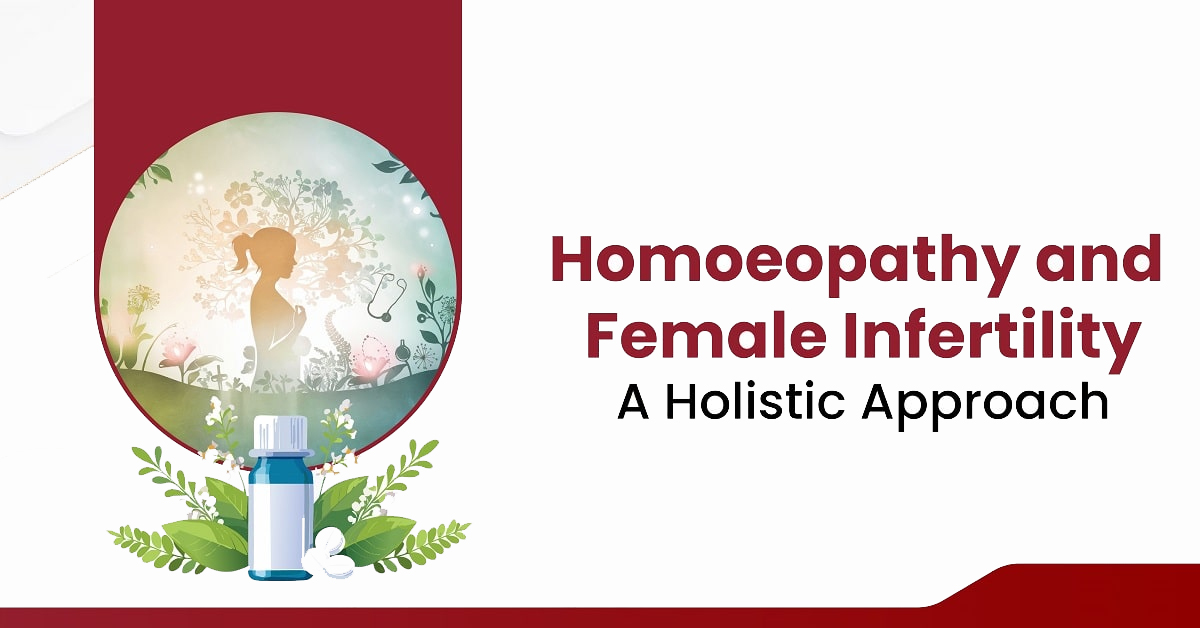 Jan 31, 2025
Jan 31, 2025
Homeopathy vs. Conventional Treatments for Endometriosis: A Comparative View
Endometriosis is a complex and often painful condi
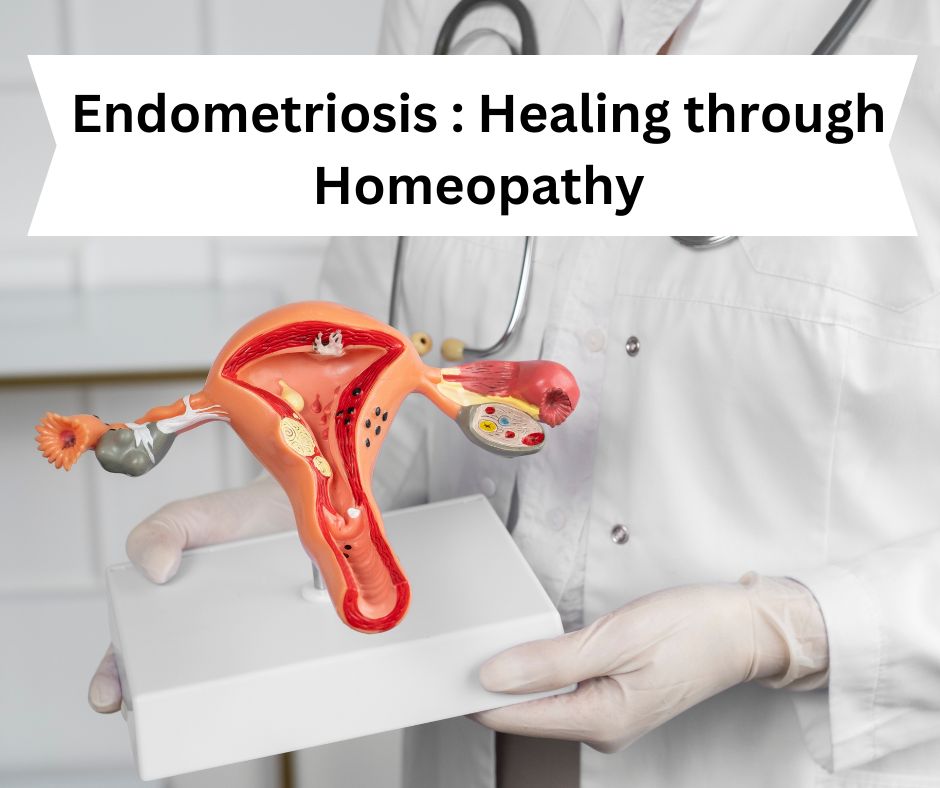 Mar 18, 2025
Mar 18, 2025
Homeopathic Treatment of Endometriosis in Delhi
Endometriosis is a painful and often misunderstood
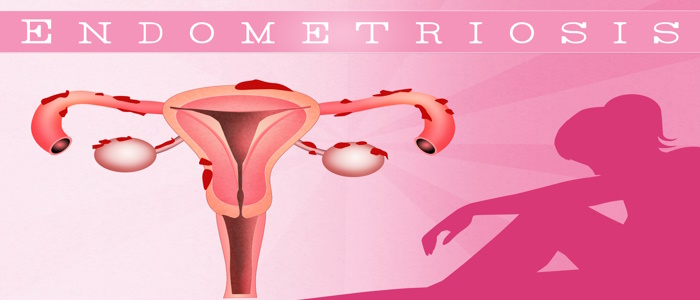 Mar 28, 2025
Mar 28, 2025
Holistic Healing: Combining Homeopathy, Diet & Lifestyle for Endometriosis Relief
Endometriosis is a chronic condition that affects
 Jan 17, 2024
Jan 17, 2024
FAQs of UTI in the Realm of Homeopathy
Urinary Tract Infections (UTIs) can be a discomfor
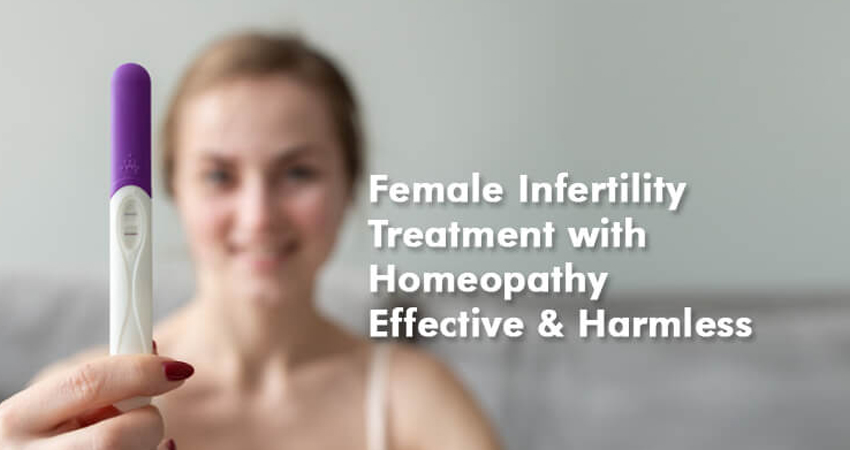 Jan 31, 2024
Jan 31, 2024
FAQs on Women's Infertility and Homeopathy
The journey of addressing women's infertility requ
 Jul 22, 2024
Jul 22, 2024
Leucorrhoea and Homeopathy: A Holistic Approach to Women's Health
Leucorrhoea, commonly known as white discharge, is
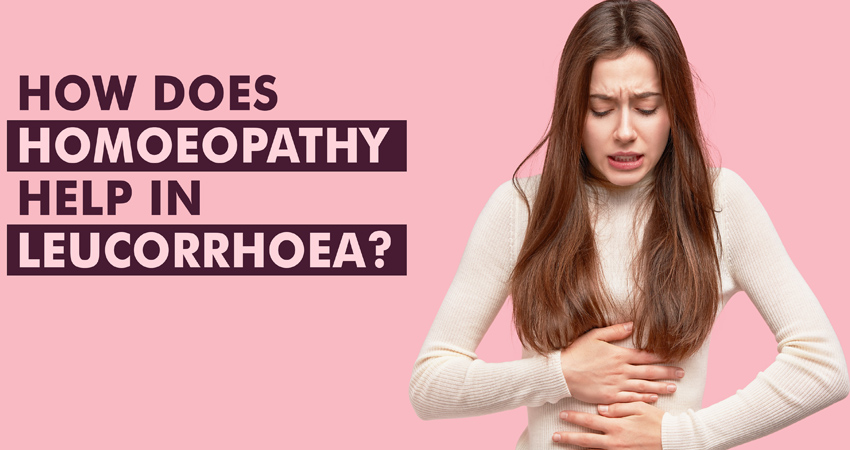 Jul 30, 2024
Jul 30, 2024
Frequently Asked Questions About Leucorrhoea and Homeopathy
Leucorrhoea, or white discharge, is a common gynec
 Aug 20, 2024
Aug 20, 2024
Infertility and Homeopathy: A Holistic Approach to Conception
In today's world, many couples face the challenge
 Aug 30, 2024
Aug 30, 2024
Effectiveness of Homoeopathic Treatment in Female Infertility
Infertility is a condition that affects millions o
 Sep 21, 2024
Sep 21, 2024
UTI and Homeopathy: A Natural Approach to Urinary Health
Urinary Tract Infections (UTIs) are a common and o
 Oct 14, 2024
Oct 14, 2024
UTIs and Homeopathy: 10 Frequently Asked Questions
Urinary Tract Infections (UTIs) can be bothersome
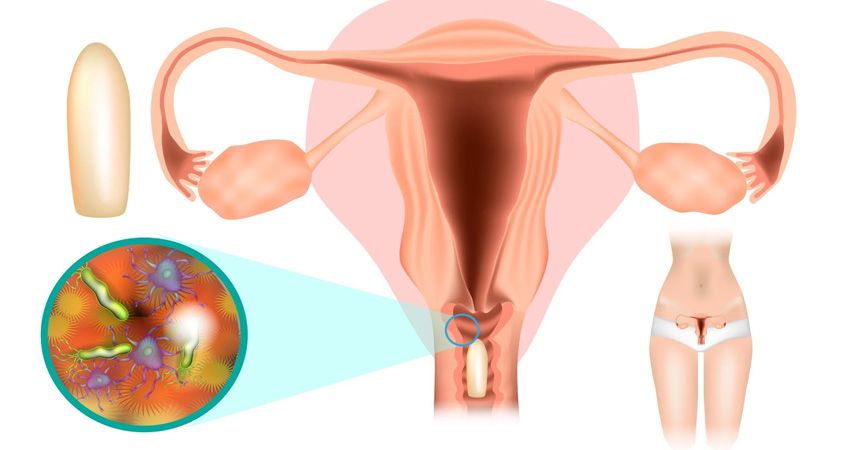 Oct 21, 2024
Oct 21, 2024
FAQs About Vaginitis and Homeopathy: A Holistic Approach
Vaginitis, a common health issue affecting women o
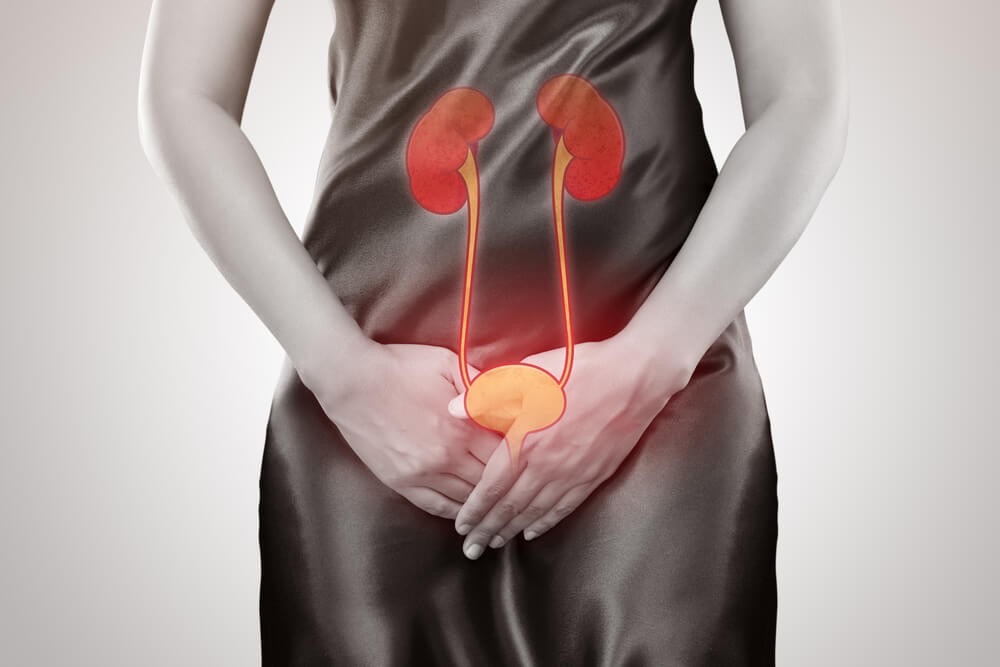 Nov 07, 2024
Nov 07, 2024
Can We Treat Urine Infections with Homeopathy?
Urinary tract infections (UTIs) are a common healt
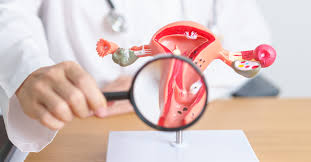 Dec 03, 2024
Dec 03, 2024
Uterine Fibroids and Homeopathy: A Natural Approach to Healing
Uterine fibroids, also known as leiomyomas, are no
 Dec 30, 2024
Dec 30, 2024
Cervicitis and Homeopathy: A Natural Approach to Healing
Cervicitis, an inflammation of the cervix, is a co
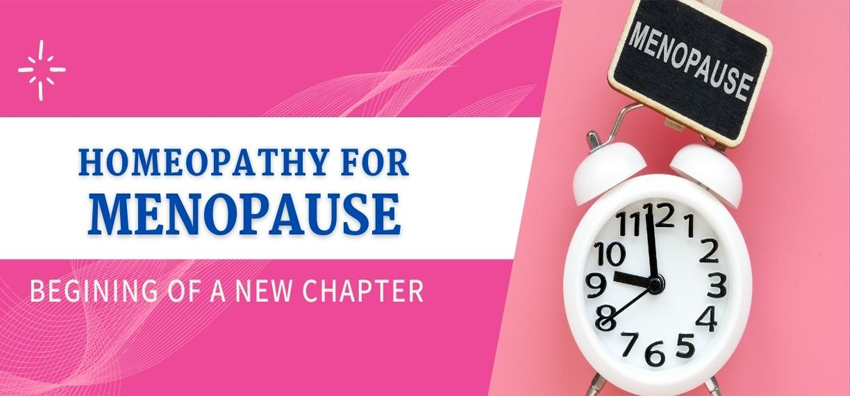 Feb 23, 2024
Feb 23, 2024
Menopause Treatment in Homeopathy: A Natural Approach without Side Effects
Menopause is a natural phase in a woman's life tha
 Mar 18, 2024
Mar 18, 2024
Understanding Cervicitis and Exploring Homeopathic Treatment
Cervicitis, inflammation of the cervix, is a commo
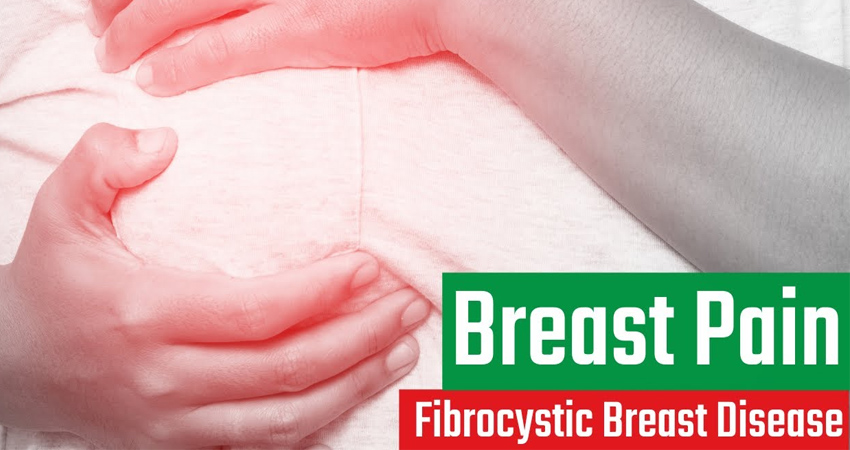 May 28, 2024
May 28, 2024
FAQs of FIBROCYSTIC BREASTS AND HOMEOPATHY
Fibrocystic breasts, also known as fibrocystic bre
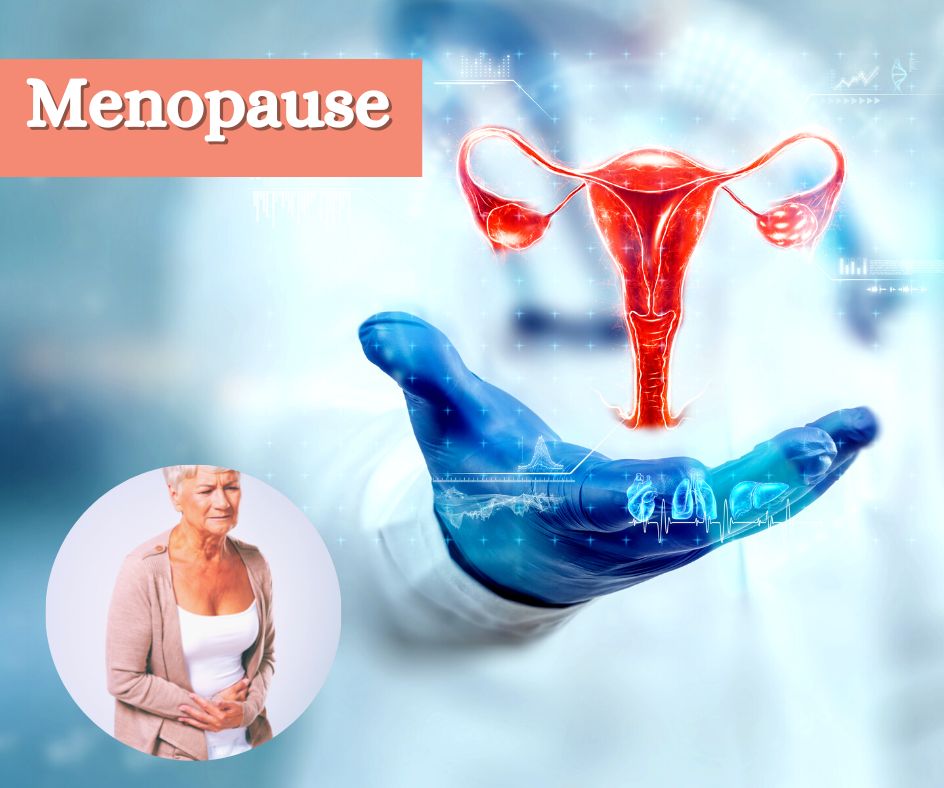 Nov 25, 2024
Nov 25, 2024
Menopause and Homeopathy: Natural Relief Through Holistic Care
Menopause is a significant life stage that brings
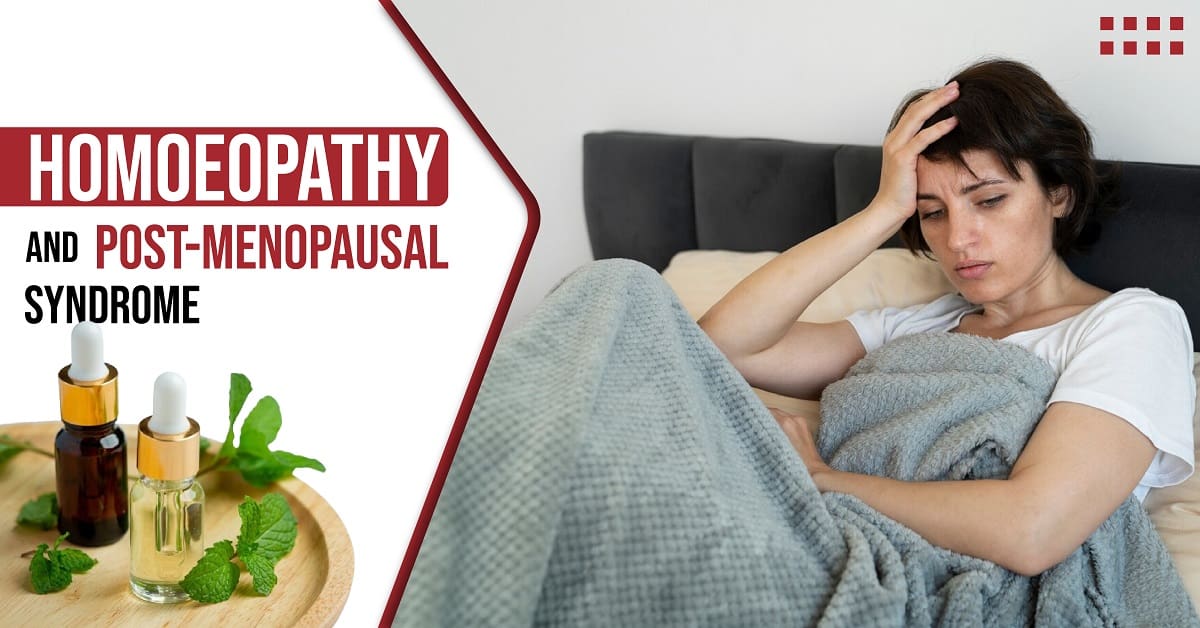 Feb 25, 2025
Feb 25, 2025
Why Homeopathy is a Safe and Effective Approach for Long-Term Menopause Care
Menopause is a natural phase of life, yet it bring
 Mar 05, 2025
Mar 05, 2025
How Homeopathy Helps with Digestive Issues and Bloating in Menopausal Women
Menopause is a natural transition in a woman&rsquo
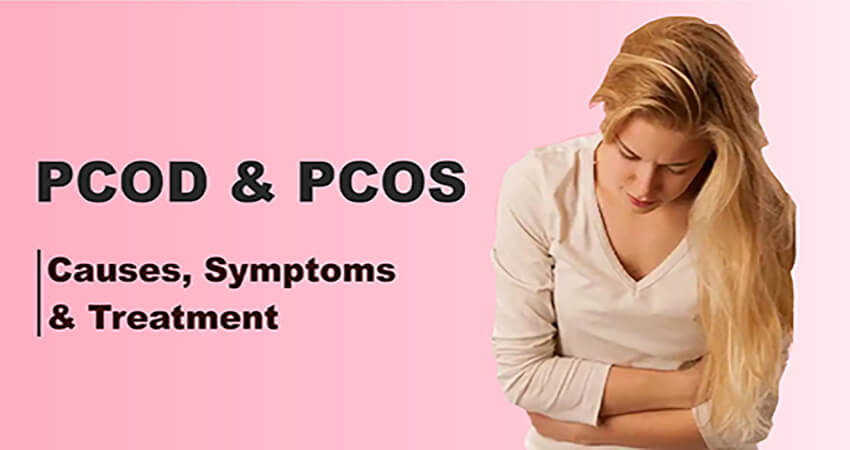 Nov 18, 2023
Nov 18, 2023
PCOD and PCOS: Causes, Symptoms and Treatment
Women's health is super important, and things like
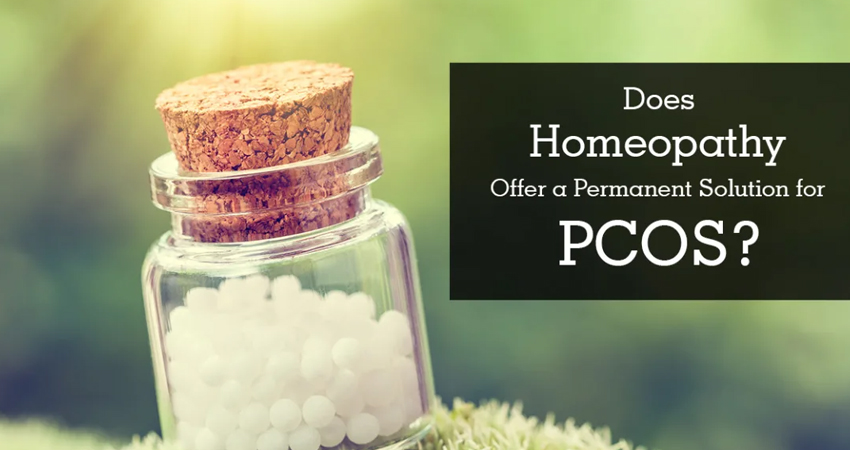 Nov 18, 2023
Nov 18, 2023
Important Facts to Know About Polycystic Ovary Syndrome (PCOS)
PCOS is one of the most common hormonal disorders
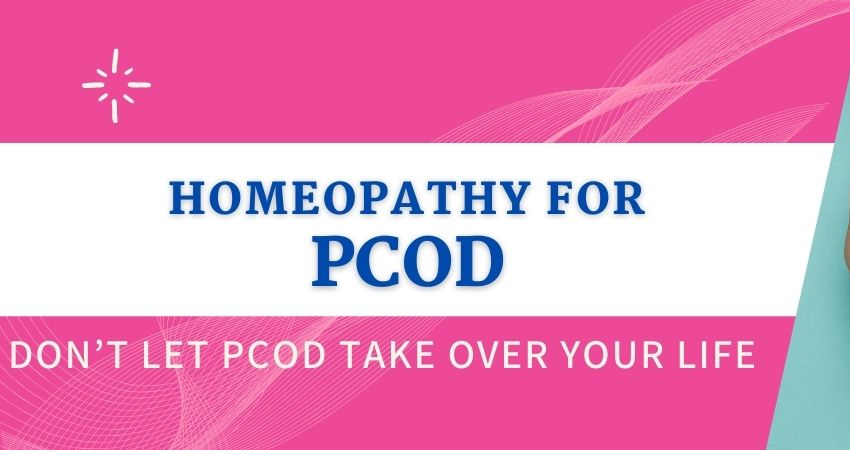 Nov 29, 2023
Nov 29, 2023
Is PCOS treatment possible in homeopathy
Polycystic Ovary Syndrome (PCOS) is a common endoc
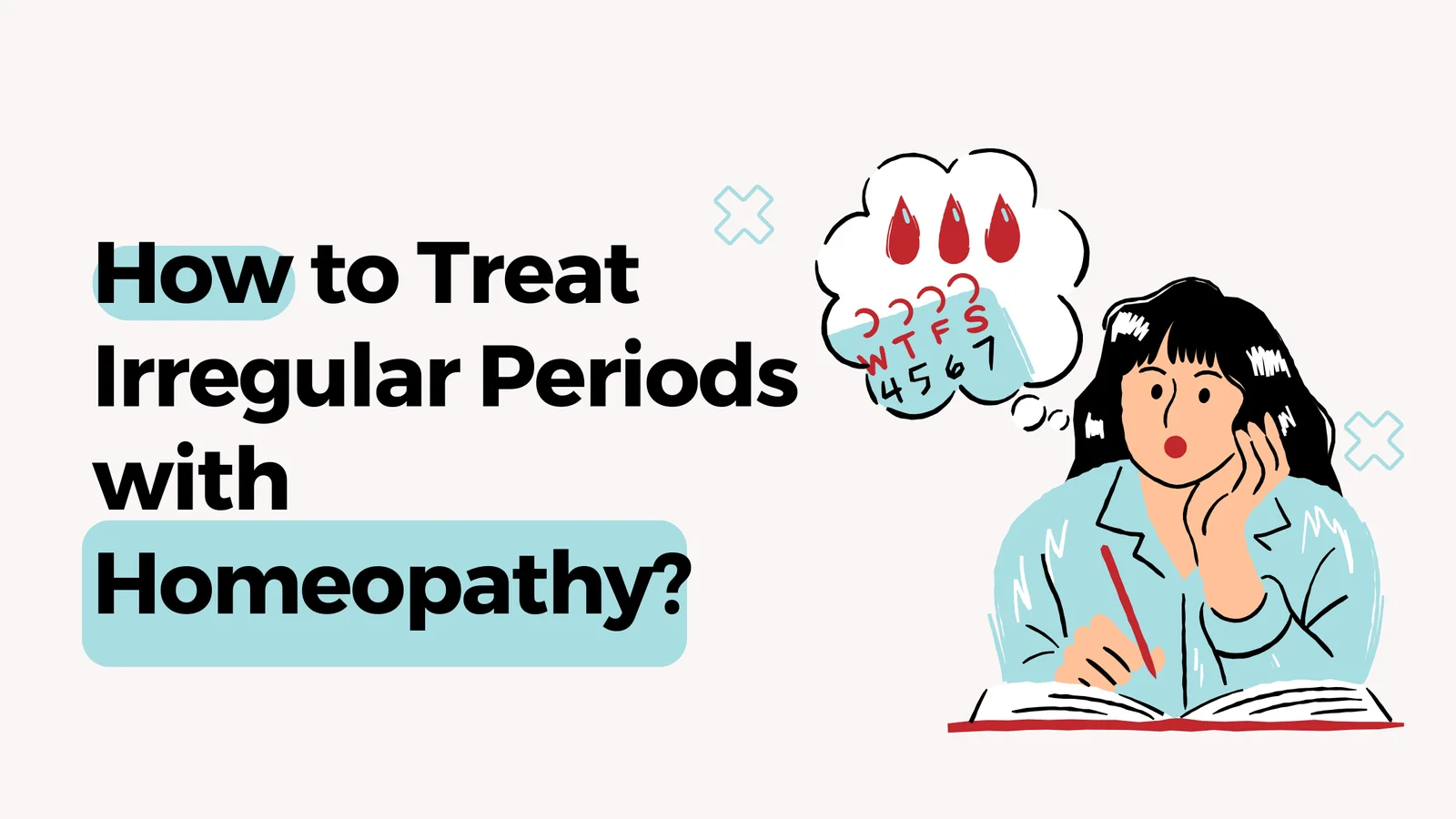 Jan 18, 2025
Jan 18, 2025
Managing Irregular Periods in PCOS with Homeopathy
Irregular periods are among the most prominent and




